-
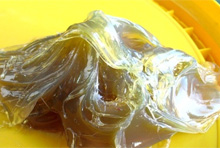 What are the characteristics of common grease types in the market?
What are the characteristics of common grease types in the market?1. Calcium-based grease: good water resistance, but poor heat resistance, the maximum operating temperature: 60 ℃. Price: Low. 2, Sodium-based grease: extremely poor water resistance, heat resistance and rust resistance in general, generally used at about 80 ℃, the price is lower. 3, Aluminum-based grease: good rust resistance, poor heat resistance and water resistance, the maximum use temperature of 50 ℃, the price is low. 4, General lithium-based grease: good heat resistance, water resistance,...
Read More -
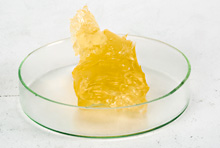 Select grease according to operating temperature
Select grease according to operating temperatureThe working temperature of the lubricating part is an important basis for selecting grease. The typical component that uses grease is a rolling bearing. As far as the relationship between bearing temperature and grease life is concerned, every 10-15 ° C increase in bearing temperature reduces the grease life by about 1/2. Generally, the temperature of the outer ring of the bearing is about 15 ° C lower than the temperature of the inner ring. The temperature of the bearings working at low and med...
Read More -
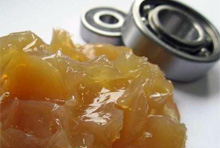 Choose grease according to purpose
Choose grease according to purposeWhen selecting a grease, the purpose of the grease should be clearly defined. According to the role played by grease, grease can be roughly divided into three categories: friction reduction, protection, and sealing. It depends on which part of the grease needs to be applied, which one is the main role of the grease. grease. As antifriction grease, the range of resistance to high and low temperature, the limit of resistance to rotation speed, and the load should be considered. As a protective gre...
Read More
How will the quality of grease change during use? How to judge?
Due to the influence of the external environment (such as air, water, dust, or other harmful gases) on the working parts, and the relative motion of the working parts to produce mechanical forces (such as stamping, shearing, etc.), two changes will occur. :
(1) Chemical changes: Grease components (base oil, thickener) may undergo oxidative deterioration due to the effects of light, heat, and air. Base oils undergo oxidation to form trace amounts of organic acids, aldehydes, ketones, and lactones. Components, thickeners, fatty acids, and organic metal salts may decompose to form trace amounts of organic acids. Therefore, the generation of acidic substances (increased grease acid value) causes corrosion of the lubricated parts, and rusts and loses Lubrication and protection.
Judgment method: grease can be visually or feel dusty, mechanical impurities, or whitened, lightened, or the consistency is significantly reduced, or the smell of rancidity of grease can be explained. Fat deterioration.
 86-13380181800
86-13380181800 Leo@keermo.com
Leo@keermo.com

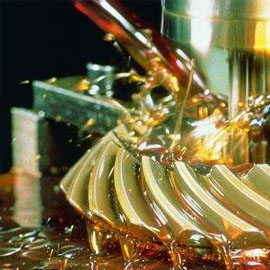
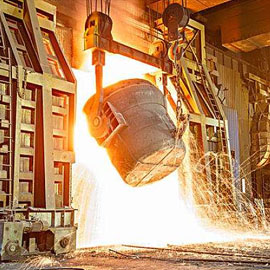
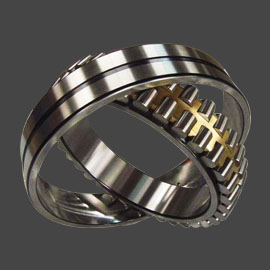
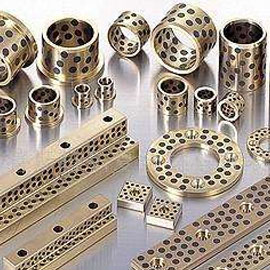

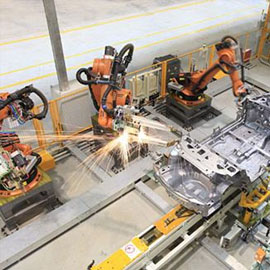









 86-13380181800
86-13380181800

 86-13380181800
86-13380181800